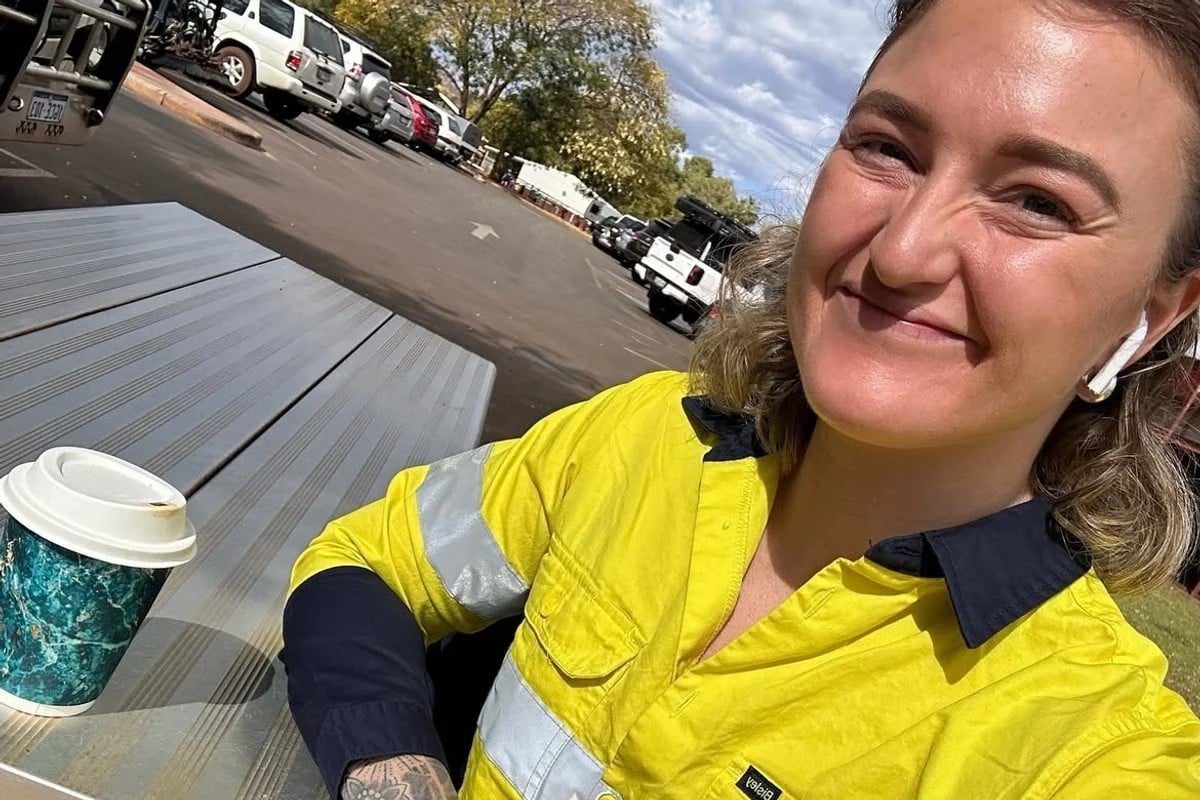
When Brooke McIntosh entered the FIFO industry, she was prepared for the physical demands, long shifts and time away from home.
What she wasn't expecting, was the amount of resilience she would need — not just to do the job, but to navigate the toxic culture.
"I entered FIFO because I wanted to earn a good income and establish a stable career. The industry offered competitive salaries, and I saw it as a promising opportunity to gain financial independence and valuable skills," says Brooke.
Watch: The Truth About Sexual Harassment. Article continues after the video.
"I quickly learnt that being strong wasn't just about physical endurance but about mental toughness, standing up for myself, and pushing forward even when the environment around me felt against me.
Brooke knew FIFO was male-dominated, so she expected some outdated attitudes, but the brazenness and acceptance of the sexist behaviour took her by surprise.
"I didn't realise how normalised and ingrained sexist behaviour was. I thought that if I worked hard and proved myself, I'd be treated with the same respect as everyone else."




























































































